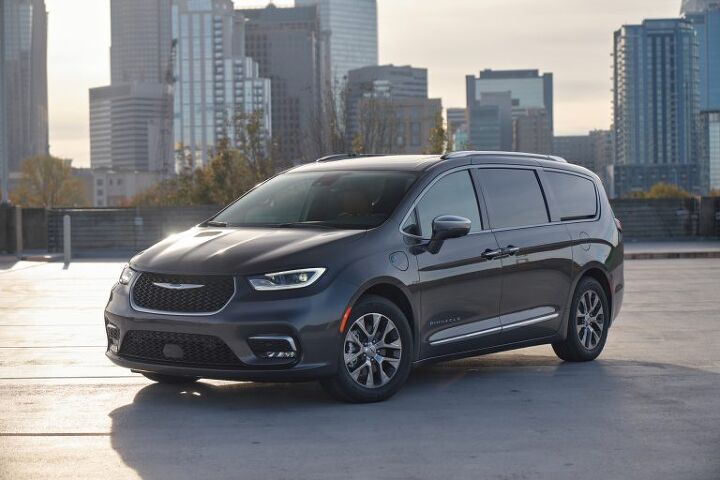#debates
Plug-in Hybrid - Transitional Tech, or Pointless Pursuit?
Mainstream hybrid cars have been with us for more than twenty years – at least since the first Toyota Prius hit the market in 1998 – and their image has evolved considerably. When they first arrived on the scene, for example, they were hailed as the car to be seen in if you wanted to be seen saving the planet, and there were a lot of celebrities who wanted to be seen in the things in the early Aughts. Over time, the virtue-signaling vehicle of choice switched from the Prius to the Tesla, but the Prius soldiered on with considerable green cred, eventually spawning an entire line of Priuses (Prii?) in the process. These days, however, the green crowd doesn’t want to talk about hybrids in a positive light, with some journalists calling for an end to the “era” of hybrids to come – now.
From climate crusader to internal-combustion enabler in the span of just two decades, then. That’s kind of impressive, I think, but it got us thinking about plug-in hybrids. Were they really a transitional technology that could hold the hands of overly cautious consumers as they tiptoe from internal combustion to battery power, or were they a flawed, compromised technology by definition – the worst of all possible worlds, combining the pollution and maintenance needs of internal combustion with the added weight and electrical complexity of electric, with nary a benefit over either to be found?
Donald Trump is Wrong About Fuel Economy and Safety
President Donald Trump has consistently defended his administration’s attempts to roll back Obama-era fuel-economy standards by complaining that building cars with better fuel economy in mind makes them less safe and more expensive.
He brought it up again during the presidential debate last night.
This is, to be quite frank, bullshit.

















Recent Comments